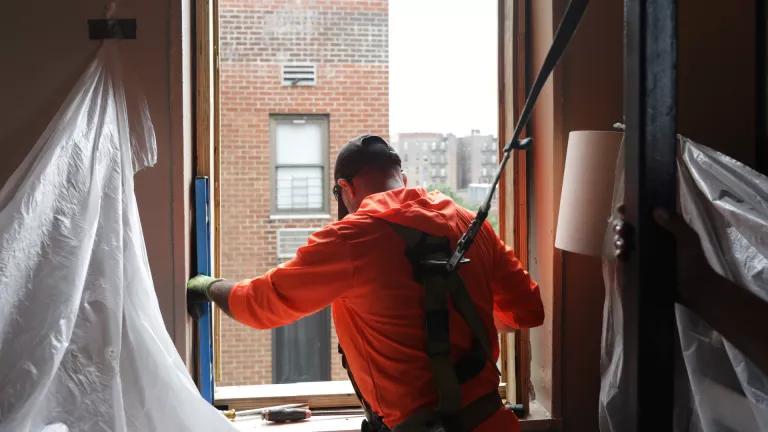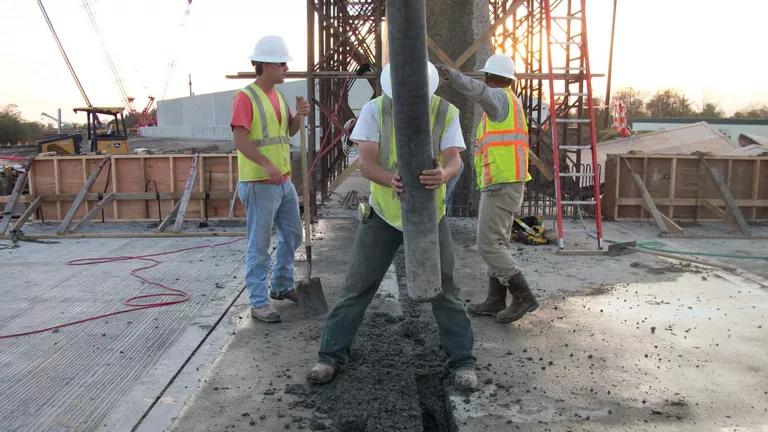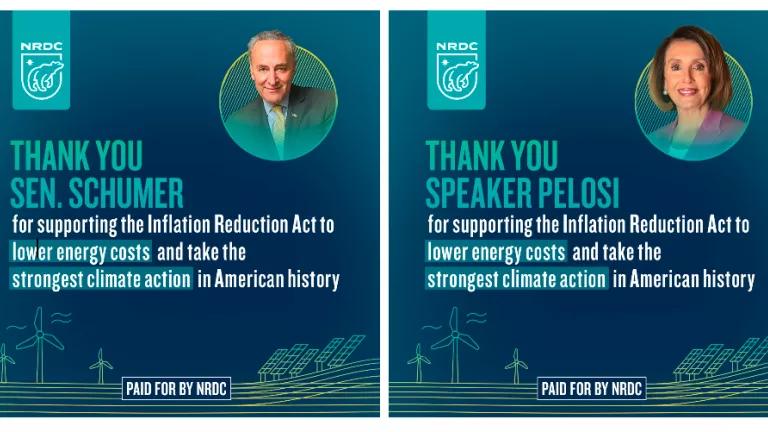Just a couple of months after my family and I relocated from New Jersey, like so many other Americans, we watched the damage wrought by Hurricane Sandy with heavy hearts. Phone calls and Facebook updates from friends, family and colleagues — thankfully all safe — in Jersey City and Hoboken detailed an unimaginable scene: flooded basements, flooded vehicles, extensive loss of property, hours in gas lines, more than a week without power, and commuters stranded from their New York City offices. In harder hit places, like Atlantic City and the Jersey Shore, heartbreaking pictures are still coming of washed away homes, landmarks and entire communities. At least 24 Garden State residents have lost their lives. There’s tens of billions of dollars of damage. And 1.7 million out of 2.7 million households lost power in New Jersey — some were still waiting for the lights to come on more than week later.
My thoughts and prayers are with the families in the entire region who have lost everything.
New Jersey Governor Chris Christie has received a lot of well-deserved praise for the way he’s handled the devastation Hurricane Sandy brought to his state. He has put aside partisanship and presidential politics — praising President Obama’s response to the megastorm despite their differences. He’s also overseeing a tremendous rescue and clean-up operation. Today, most of New Jersey’s many roadways are clear and much, though not all, of its public transportation is up and running.
As we look back at all of this destruction, everyone wants to know what we can do to prevent this in the future.
In New Jersey, it’s clear we need to beef up our preparedness for monster storms like this, which are expected to increase in strength and frequency due to climate change. That means assessing the state’s vulnerabilities, safeguarding our power supplies, reducing flooding, and protecting clean drinking water sources.
But we have to do more than brace ourselves for disaster and clean up after it hits. We can’t prepare our way out of this problem, we have to address the source — pollution that is changing our climate.
While no single state (or group of states) can stop global warming by itself, New Jersey can reduce its own contribution to the problem. And they can also reap the benefits of growing a clean energy sector in the process. Governor Christie can set a model for others to follow, starting in his own backyard. One of the most significant ways he can do this is to re-join a 10-state program that is drastically cutting climate change pollution from power plants in the Northeast & Mid-Atlantic. The Regional Greenhouse Gas Initiative (RGGI) has helped reduce climate change pollution by about 30 percent since it started nearly four years ago.
New Jersey was once a leader for RGGI, but Governor Christie (under no small amount of pressure from out-of-state fossil fuel interests) dropped out of the program in 2011, calling it ineffective. Study after study has found the program to be highly effective. It essentially shifts energy investments away from dirty power plants towards energy efficiency and renewable energy. That means participating states spend more of their energy dollars in local communities, on things like upgrading heating and air-conditioning systems in homes and offices, better insulating buildings and installing high performance lighting — all of which lower energy bills and create jobs in the state, providing a much needed economic stimulus. RGGI has helped reduce global warming pollution by 30%, and the states are in the process of tightening up the program to deliver substantially greater reductions in the years ahead.
As Governor Christie continues his commendable national leadership in the disaster response, the first order of business is certainly to complete the recovery effort. The Governor has already publicly acknowledged the need to curb climate change and he has a great opportunity to show national leadership in the area of adaptation and preparedness. But I hope he will also attack the source of the problem by rethinking the decision to stand on the sidelines while his counterparts strengthen RGGI.




